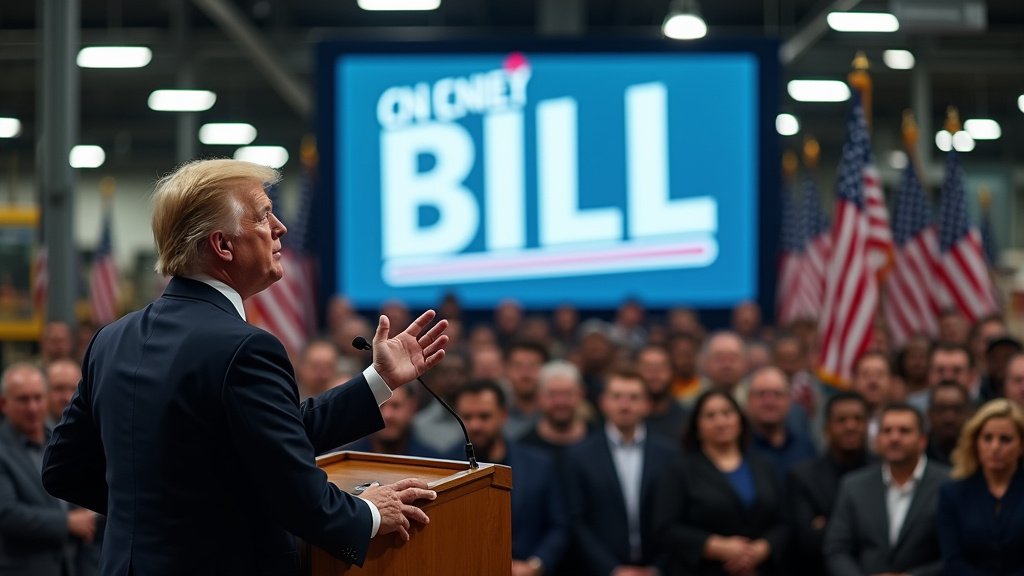A recent Gallup Poll revealing the lowest level of national pride recorded in the United States has ignited introspection and debate across the country. This stark finding, highlighted in an editorial by the Toledo Blade, underscores a significant shift in how Americans view their nation.
The poll data indicates a profound partisan gap in sentiments of pride. While over 90% of Republicans reported feeling proud of the U.S., this sentiment was shared by only 36% of Democrats and 53% of independents. This wide divergence suggests that political affiliation now plays a crucial role in shaping fundamental feelings about the nation.
Examining the ‘Reason for Shame’
The Toledo Blade editorial frames this decline in national pride as a “reason for shame.” The newspaper argues that the erosion of pride is linked to a perceived retreat from the U.S.’s historical role in providing compassionate foreign assistance.
This perspective posits that a nation’s global engagement, particularly its efforts to alleviate suffering and promote well-being abroad, is intrinsically tied to the pride its citizens feel. A diminished commitment to such endeavors, the editorial suggests, could contribute to a sense of national failing or irrelevance in critical humanitarian spheres.
The Proven Impact of U.S. Aid
Contrasting the narrative of retreat, the editorial references a significant Lancet report published last week. This comprehensive study provided powerful evidence of the tangible, life-saving impact of U.S. humanitarian aid over two decades.
The Lancet report found that between 2001 and 2021, U.S. humanitarian assistance initiatives were responsible for preventing a staggering 91 million deaths globally. These lives were saved primarily through targeted interventions addressing major health crises and foundational development needs.
Key areas of impact cited include robust initiatives combating HIV/AIDS, malaria, and tropical diseases. Beyond direct health interventions, U.S. aid contributed significantly through improved water sanitation, enhanced food security, expanded education access, and crucial support for economic development in recipient nations.
Cost Versus Human Impact
The Toledo Blade editorial also touches upon the financial commitment behind these life-saving programs. It notes that the cost of U.S. foreign aid amounted to approximately 17 cents per taxpayer per day. This figure, often debated in discussions about government spending, is presented in the editorial as a relatively small investment when viewed against the backdrop of the immense human impact detailed in the Lancet report.
The editorial highlights the stark hypothetical consequences of eliminating this aid. Based on the Lancet‘s findings and projections, removing this financial support could potentially result in over 14 million additional deaths. This sobering calculation underscores the critical role U.S. foreign assistance plays in global public health and development.
A Complex Reflection
The conjunction of these elements – a record low in national pride, a significant partisan divide on the issue, an editorial linking this decline to a perceived retreat from global humanitarian efforts, and compelling data demonstrating the profound, life-saving impact of past U.S. aid – presents a complex picture.
The Toledo Blade‘s editorial serves as a call for reflection, suggesting that perhaps the dip in national pride is not merely a symptom of internal political disagreements, but also a failure to appreciate or uphold the nation’s positive contributions on the world stage. The data from the Lancet report offers a factual counterpoint to any notion of aid being ineffective or wasteful, quantifying its success in terms of millions of lives saved.
Ultimately, the editorial implies that a true “reason for shame” might lie not in the state of the nation itself, but in potentially overlooking or abandoning the very actions that have demonstrated significant global good and could, arguably, be a source of national pride.











